Miami, FL (June 21, 2013) – The Florida Supreme Court ruled today that an international sexual assault case will be tried in the United States, rather than Mexico. Overturning a Third District Court of Appeal decision, the state’s highest court said that Shahla Rabie Cortez, the victim of a 2006 rape at Palace Resorts Hotel in Cancun, Mexico, can move forward with her lawsuit (Case number 08-60103CA04, dated October 6, 2008, Circuit Court, 11th Judicial Circuit, Miami-Dade, Florida) in Miami, according to Diaz Reus partners Michael Diaz, Jr. and Gary Davidson, who represent Rabie.
«Ms. Rabie suffered a horrific assault while on vacation in Mexico,» said Diaz. «But the negligent acts and omissions that resulted in that attack were set in motion in Florida. where the defendant companies are based, where they operate, where they collect funds, and where they market vacation packages like the one she purchased.»
According to the initial petition to the Florida Supreme Court (Case number SC11-1908, dated April 4, 2012), Rabie, a California resident, was on a family vacation at the Moon Palace Golf and Spa Resort in Cancun. While having a massage at the resort spa, she was sexually assaulted by the male masseuse. She reported the assault and underwent a physical exam in Mexico. After returning home, Rabie sued Palace Resorts, Inc. and two related companies that have their principal place of business at the same Miami address. The defendants successfully moved to dismiss, claiming the suit should be filed in Quintano Roo, Mexico. A divided Third District appellate court in Miami affirmed the trial court’s decision.
However, the Florida Supreme Court found that requiring Rabie to litigate a claim in Mexico against defendants headquartered in Florida for allegedly negligent conduct that occurred in Florida was an erroneous application of the forum non conveniens doctrine.
«The Third District’s decision results in a situation where a United States citizen is forced to litigate in a foreign country, imposing a substantial burden on her without a showing that it would be burdensome for the Florida-based defendants to defend the lawsuit in Florida,» said the court in its ruling. “When the plaintiff is a citizen or resident of the United States and the alternative forum is a foreign country, the defendant’s burden to overcome this presumption is especially high.»
Diaz added that the public’s interest is best served by allowing Rabie’s claims to be heard by a Florida court. «Florida clearly has an interest in ensuring that its corporate citizens do everything possible to avoid brutal attacks like the one Ms. Rabie endured,» he said.
In its ruling, the Supreme Court placed an emphasis on the plaintiff’s right to choose the forum, noting it «is not just one factor to consider in the forum non conveniens analysis, but is a strong presumption that can be overcome only when the balance is tipped strongly in favor of the defendant.»
The court also cited the importance of considering «public interest factors,» as well as the interests of plaintiffs and defendants, in determining the most appropriate legal forum. «We emphasize that Florida courts also should always consider this third step of the forum non conveniens inquiry, even if the private factors weigh more heavily in favor of the alternative forum,» the court said.
Noting the Florida Supreme Court’s emphasis on the public interest factors, Davidson explained that. «This aspect of the decision will have a significant impact on how trial courts consider claims of forum non conveniens in the future.»
Summing up the ruling, Davidson said, «”The Florida Supreme Court’s decision here represents one of its most significant rulings over the last two decades. It is a blockbuster that signals not only to our courts, but to the international community, that Florida respects the rights of all U.S. citizens to have equal access to our State’s courts»







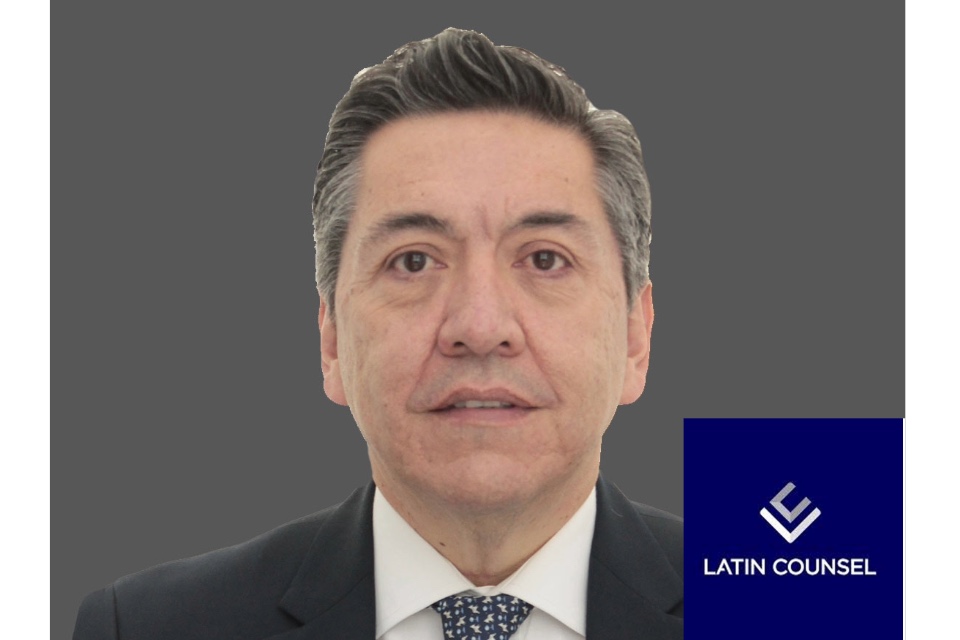
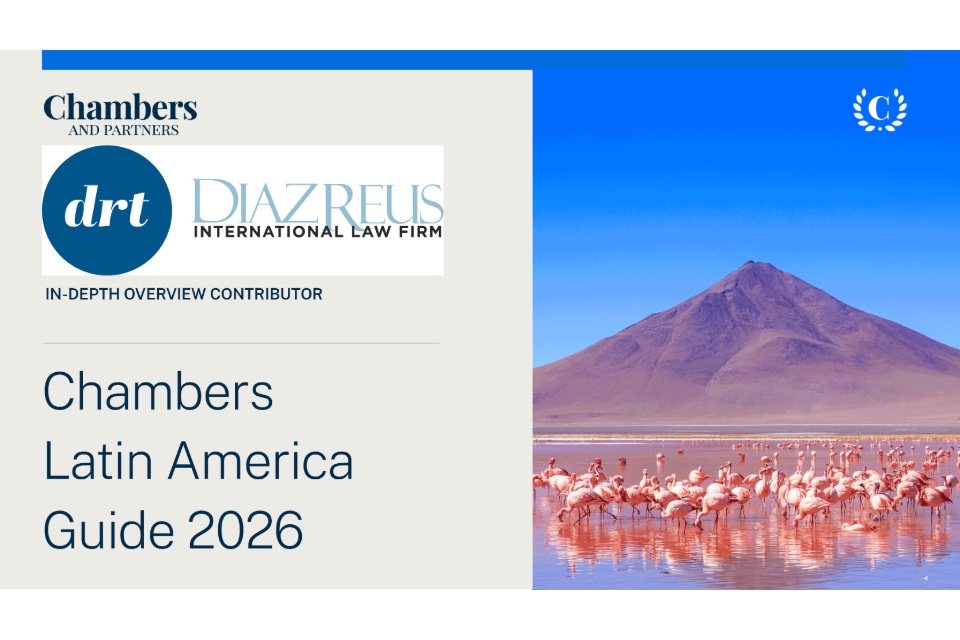

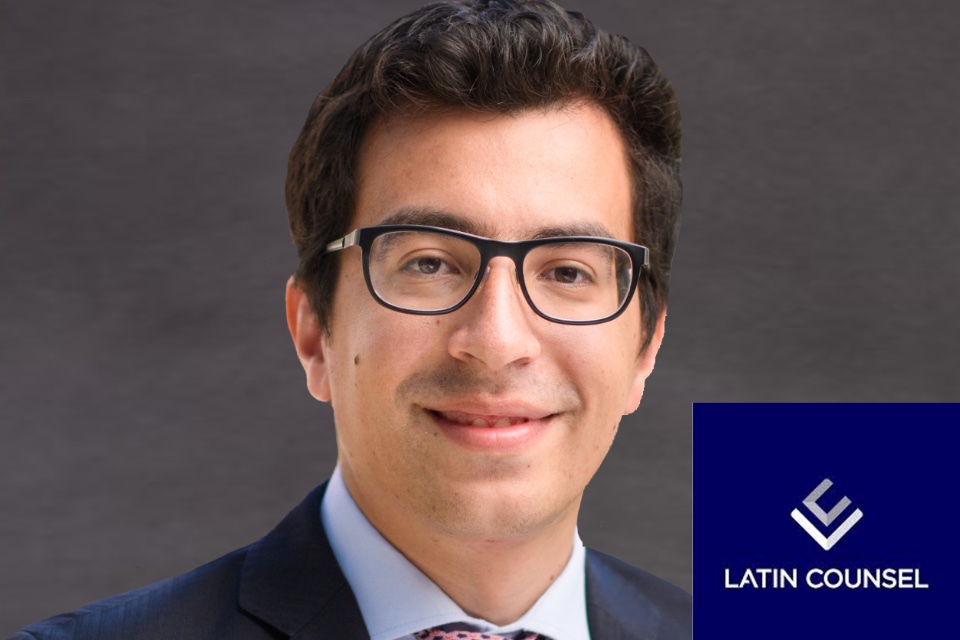
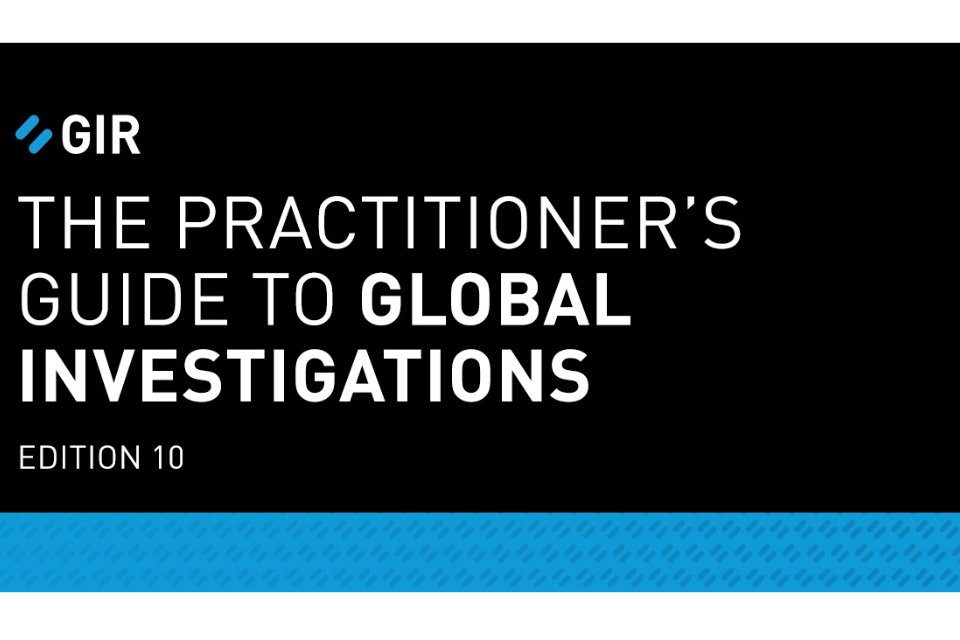

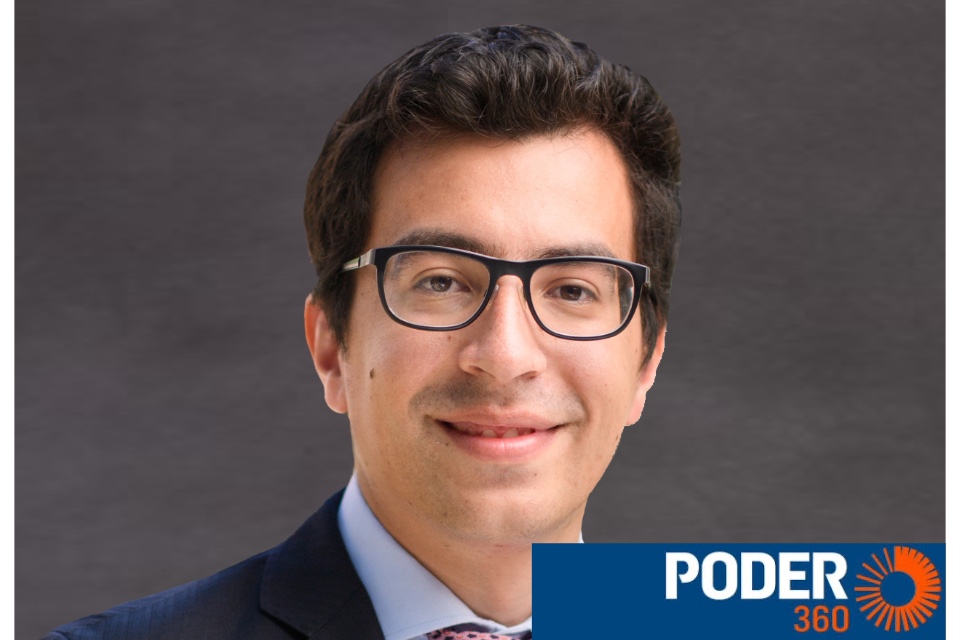
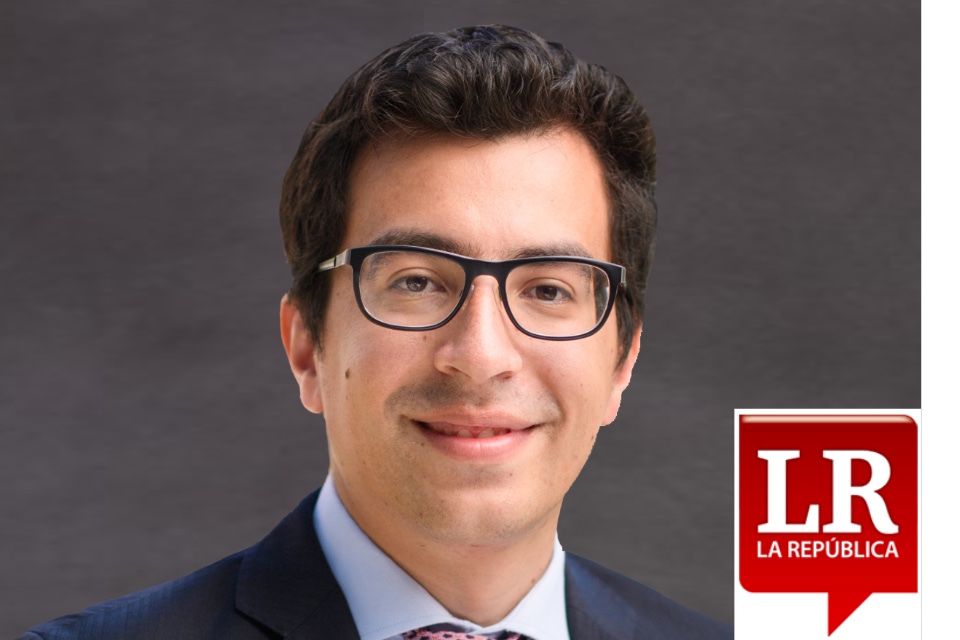
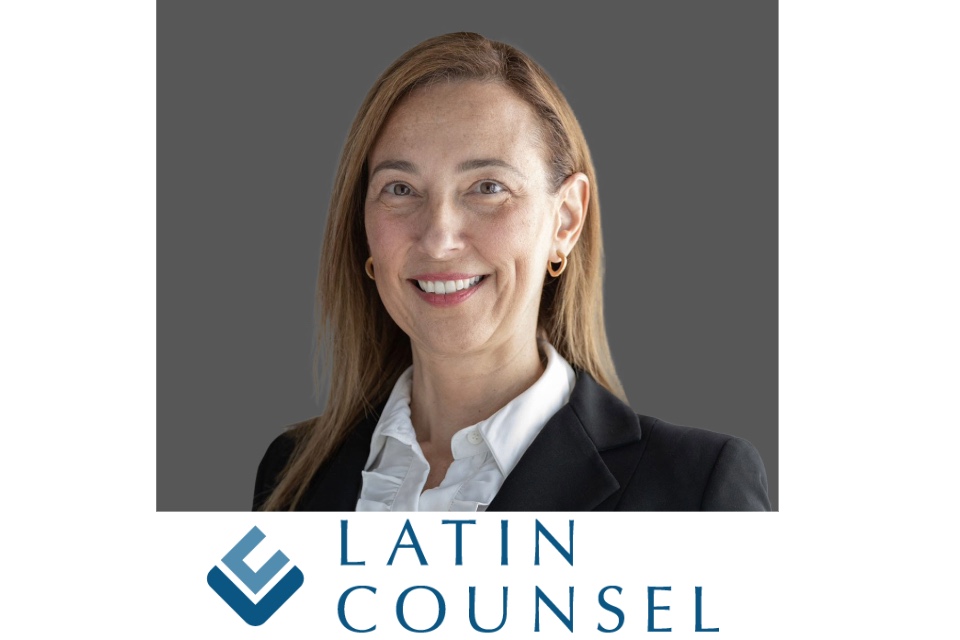

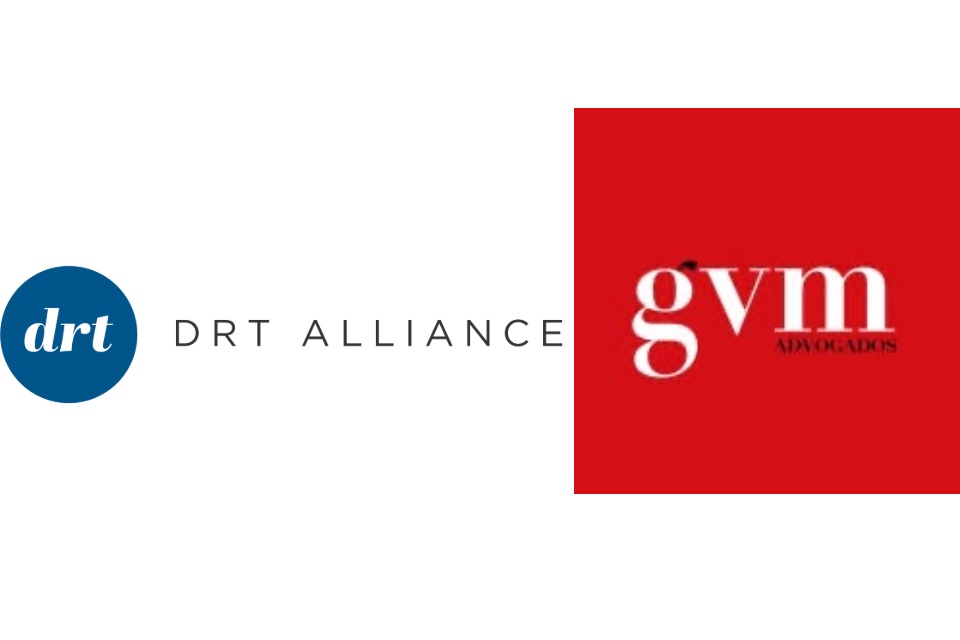














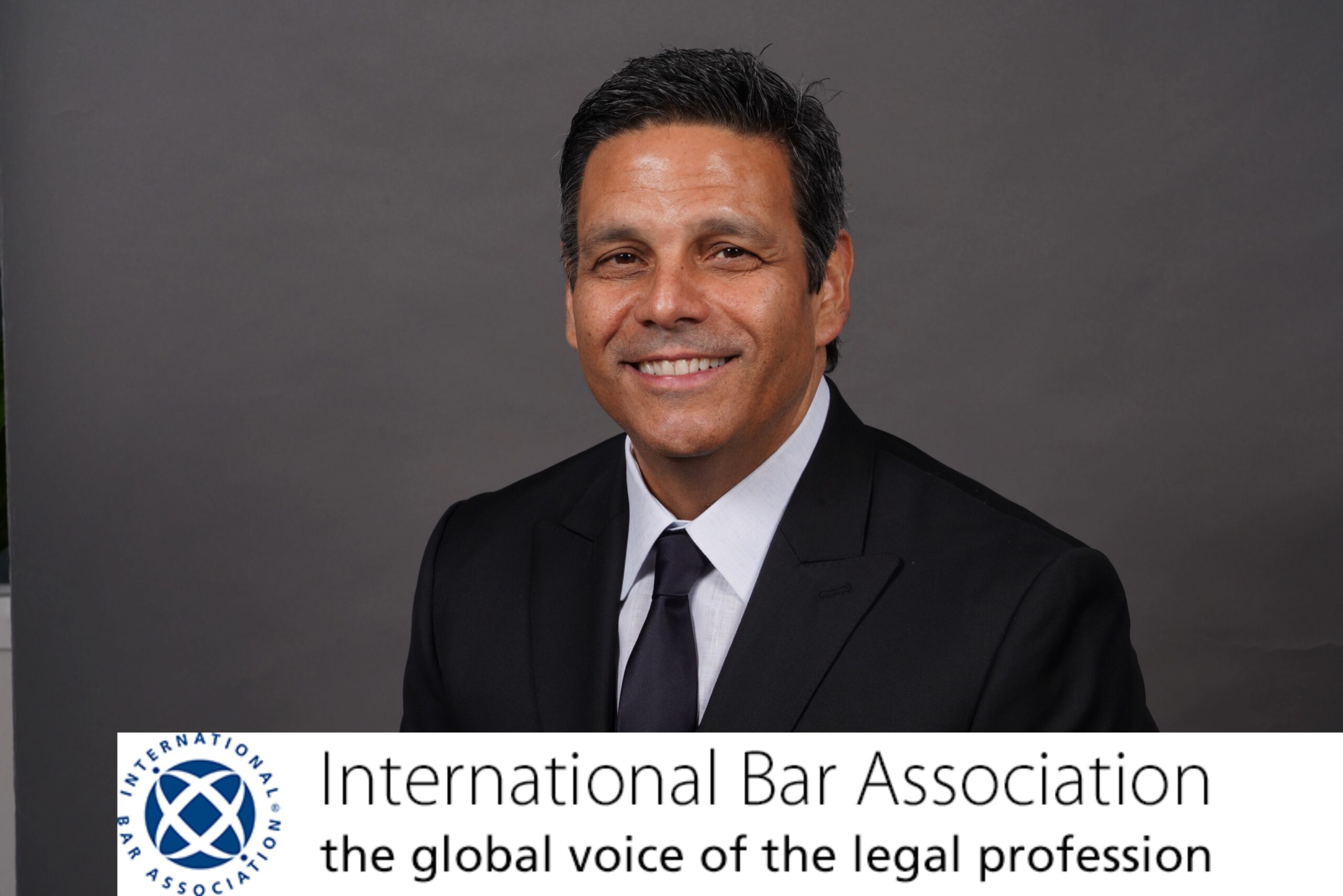
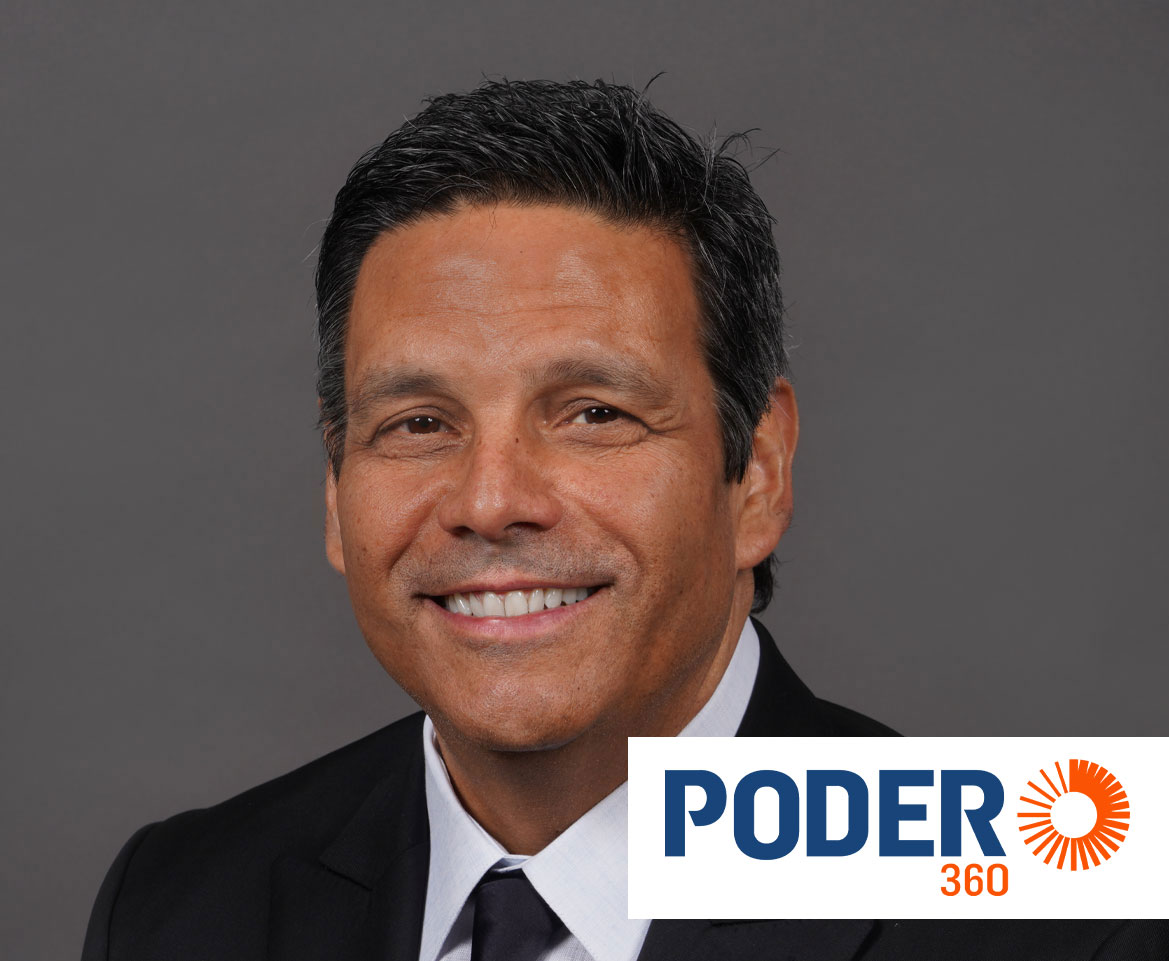








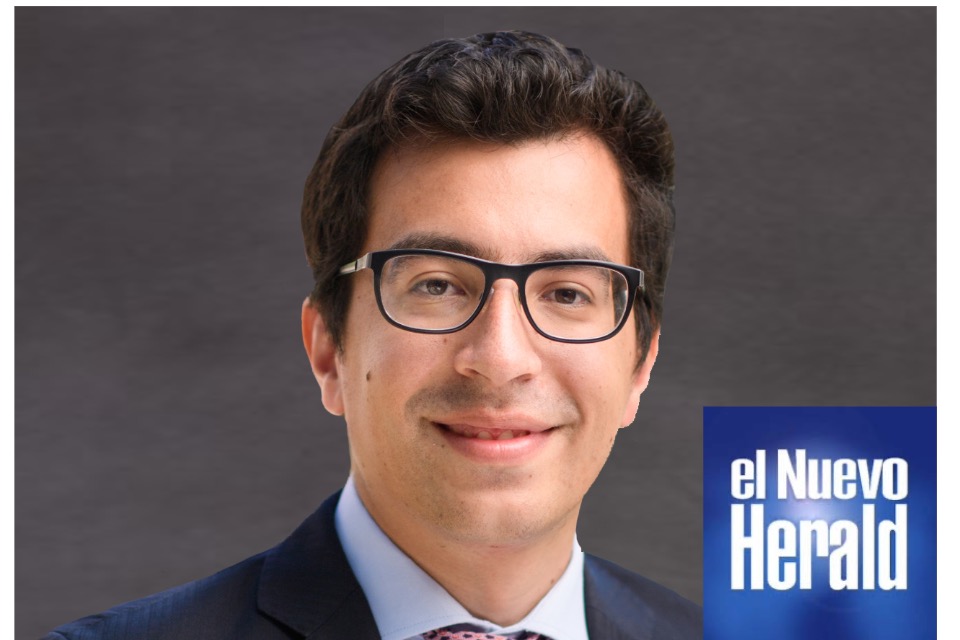






















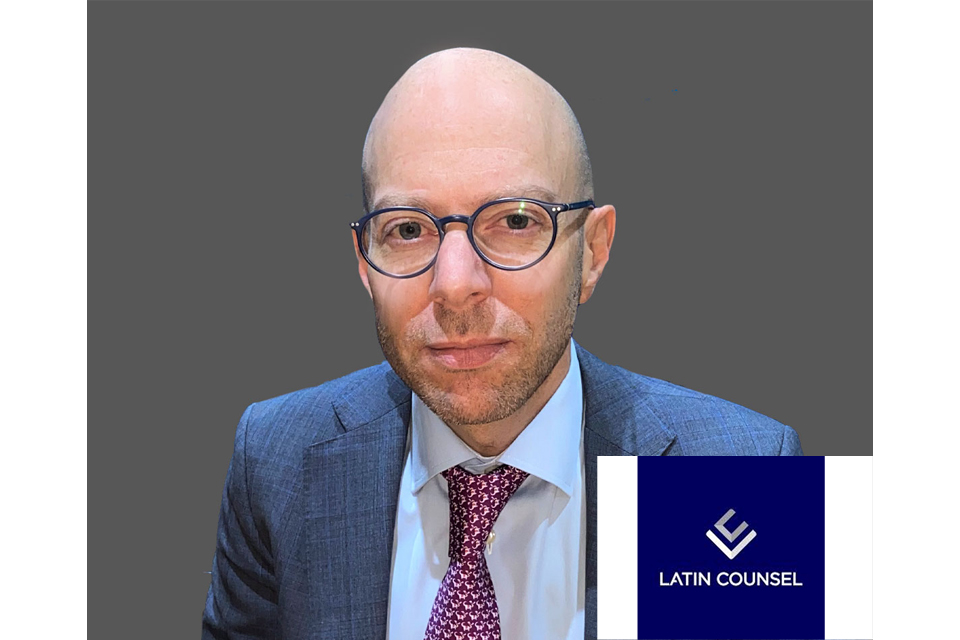






































![Especial abogados Salón de la Fama[61] 4](https://diazreus.com/wp-content/uploads/2023/06/Especial-abogados-Salon-de-la-Fama61-4-2-pdf.jpg)





























































































































































































